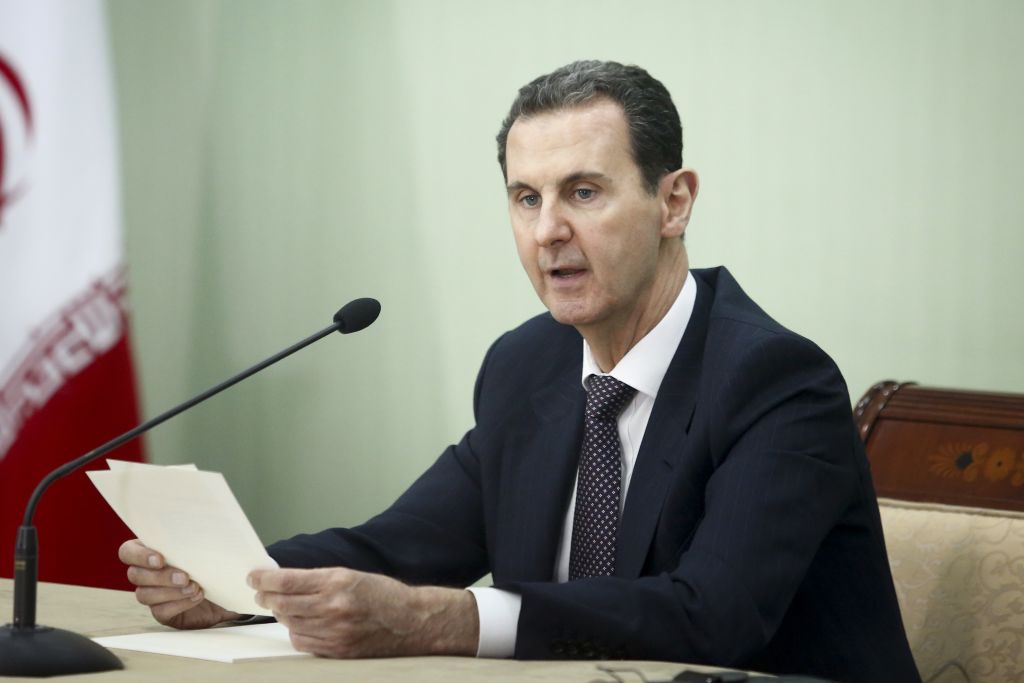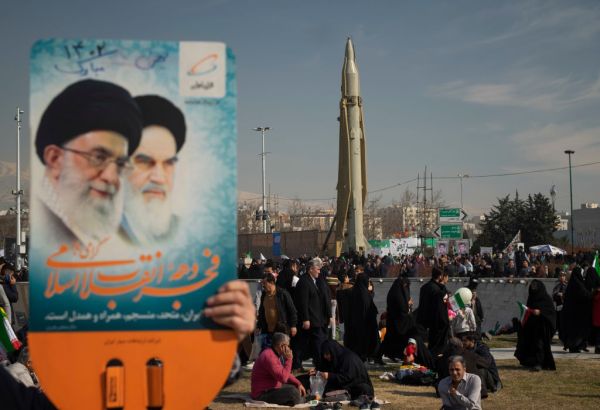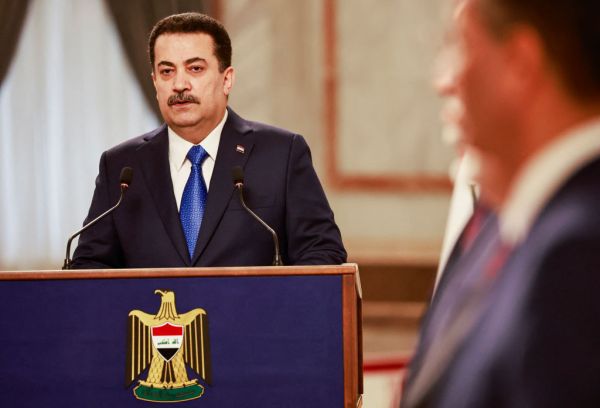The Arab League has unfrozen the membership of Syrian President Bashar al-Assad, 12 years after his suspension for brutally crushing a peaceful uprising against his rule. Arab League Secretary General Ahmad Abul-Gheit said Assad could attend the Arab Summit, to be held in Riyadh on Friday, “if he wished to.” Syria had reportedly agreed to help end the narcotic trade that has been ravaging the region. According to Saudi state media, Assad’s rehabilitation is also premised on “the return of Syria to its Arab environment,” code for Damascus distancing itself from Iran and its militias.
If Assad shut down his narco-trafficking enterprise and pulled away from the Islamic Republic’s embrace, his return to the Arab League could have been a net positive. Yet a closer look shows that expecting Assad to change is wishful thinking.
Last week, Arab media was abuzz with reports that Assad was living up to his promises to Gulf capitals. An airstrike—purportedly carried by Jordan’s Royal Air Force—killed notorious drug kingpin Marii al-Ramthan in southern Syria. Meanwhile, the Syrian Observatory for Human Rights reported that pro-Iran militias in Syria replaced the Iranian flags flying over their bases with Syrian ones.
Trade in Captagon, a stimulant that is widely popular in the Middle East, is valued at more than $5.7 billion annually, eclipsing the total value of Syria’s legal exports. The profits are pumped straight into the coffers of Assad and his cronies, providing a financial lifeline to an otherwise economically moribund regime.
Syria’s drug trade targets affluent Gulf countries, but transit nations—such as Jordan—have also become consumer destinations. In January, Israel busted a Captagon shipment that was destined to Gaza.
But Assad’s promise to kill the Syrian drug industry is unlikely to go beyond tolerating hyped-up strikes, such as the one that killed Ramthan, whose elimination could benefit rivals, including some Assad favorites.
While one air strike can kill the most wanted drug dealer in the region, it cannot kill Syria’s narcotics industry. In fact, signs suggest that Assad and its Lebanese ally Hezbollah are expanding the infrastructure of their illicit trade.
In April, Beirut’s central bank instructed local banks to create a parallel banking sector to process “fresh dollar” transactions. Over the past decade, the Lebanese state burned through depositors’ dollars to fund itself. With deposits mostly gone, banks allowed depositors to withdraw a fraction of their money at an exchange rate below market price, thus obliterating savings, eroding confidence in the country’s banking sector, and repelling foreign investments. By creating a parallel “fresh dollar” banking sector, Beirut can tap into illicit money by helping launder it. In April 2020, Lebanon’s parliament passed a law legislating cultivation of cannabis, presumably for medical use. But the state does not require evidence proving farmers’ sales to medicinal facilities.
Lebanon’s new banking arrangement suggests that, unlike what Assad promised, Damascus and Beirut are gearing up for more narcotics trade, not less.
Similarly, Assad’s promise to rollback Iranian militias in Syria will likely go unfulfilled. As Gulf diplomats courted their Syrian counterparts, Iranian President Ebrahim Raisi visited Damascus in what seemed to be Tehran’s bid to mark its territory, and protect its investment, estimated at $20 billion 30 billion, to prop up the Assad regime since 2011.
Since the 1980s, the Assad dynasty has repeatedly promised Gulf governments to distance itself from Iran, in return for Arab support and largesse. In 1987, then-Syrian President Hafez Assad refused to take the side of Iran, then at war with Iraq and amid its largest operation to wrestle the city of Basra. He invaded Hezbollah’s headquarters in Beirut, the Fathallah Barrack, and executed a few dozen of them. Assad thus established that Iranian presence in Lebanon would be on his own terms.
The Arab honeymoon with Assad, however, was short-lived. Months later, Assad allowed Iran to expand Hezbollah’s paramilitary capabilities in Lebanon.
In 2010, Riyadh repeated the exercise as its (now deceased) King Abdullah traveled to Damascus, patched things up with Assad, and accompanied him on a trip to Beirut. Pocketing Gulf support, Assad reneged on his promise to abandon Iran and instead helped Hezbollah further entrench itself across the region.
On Sunday, Gulf capitals bet, yet another time, on Assad. No signs so far indicate that the Syrian autocrat would live up to any of his promises, but by the time the Gulf realizes that Assad was never sincere in his commitment, the Assad regime will have come back in from the cold, and the world will have moved on and forgotten about his unspeakable atrocities.
Thankfully, Congress is pushing back. A bipartisan group in Congress introduced legislation last week, which has been approved by the House Foreign Affairs Comittee, pushing back against normalization by prohibiting the U.S. from recognizing the Assad regime and imposing additional sanctions against Assad, his enablers, and those that do business with them.
The Arab League might want to gamble again by betting on Assad, but Congress knows that Assad is beyond rehabilitation. Assad should remain isolated and shunned among nations.








Please note that we at The Dispatch hold ourselves, our work, and our commenters to a higher standard than other places on the internet. We welcome comments that foster genuine debate or discussion—including comments critical of us or our work—but responses that include ad hominem attacks on fellow Dispatch members or are intended to stoke fear and anger may be moderated.